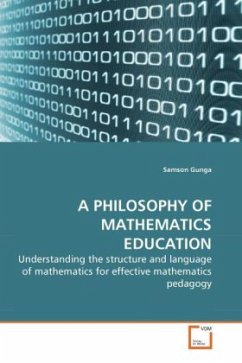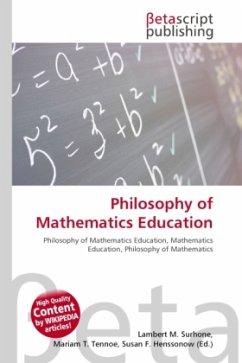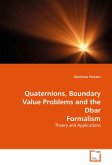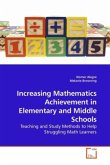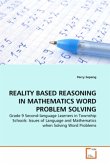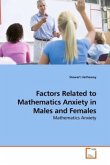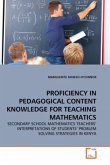This book utilizes philosophical deliberation to analyse the appropriateness of mathematical language' in pedagogic communication of the structure of mathematics, given that its symbolicrepresentational form and its verbal - propositional form interact in natural language. The book begins by an attempt to formulate criteria for understanding and qualifying mathematical language' as the means for communicating the structure of mathematics given that its form is both linguistically and cognitively ordered. Although mathematics and language have transactional and interactional purposes respectively, they are indeed functionally isomorphic, a notion revealed by the linguistic foundations of mathematics made possible by harmonizing the principles of the three programmes in the foundations of mathematics, namely, Intuitionism (I), Logicism (L) and Formalism (F) - The ILF Model' - through structuralism. The model proposes three forms of discourse in mathematical pedagogy, namely, problem exposition, problem representation and problem solution; a methodological design that models levels of cognition and which nurtures phases of intelligibility that guide problem solving procedure.
Bitte wählen Sie Ihr Anliegen aus.
Rechnungen
Retourenschein anfordern
Bestellstatus
Storno

